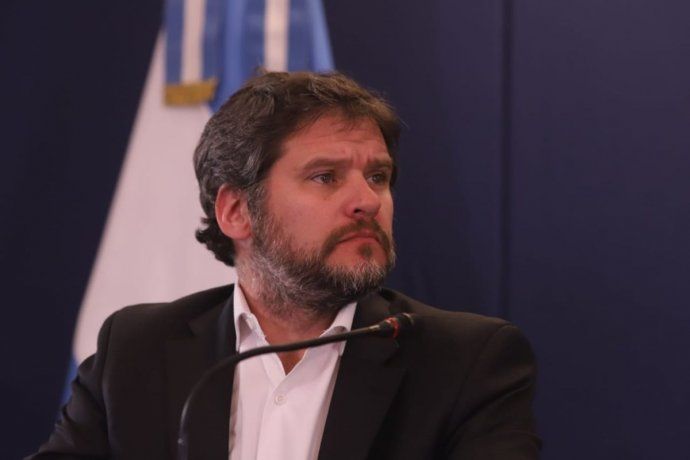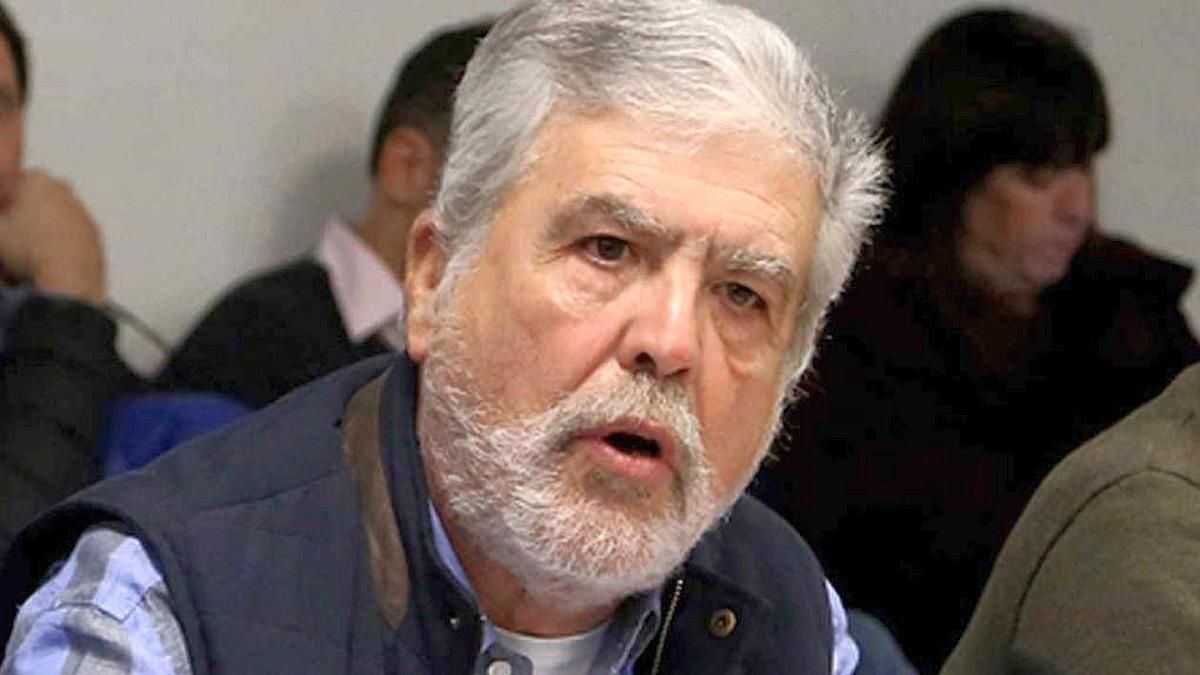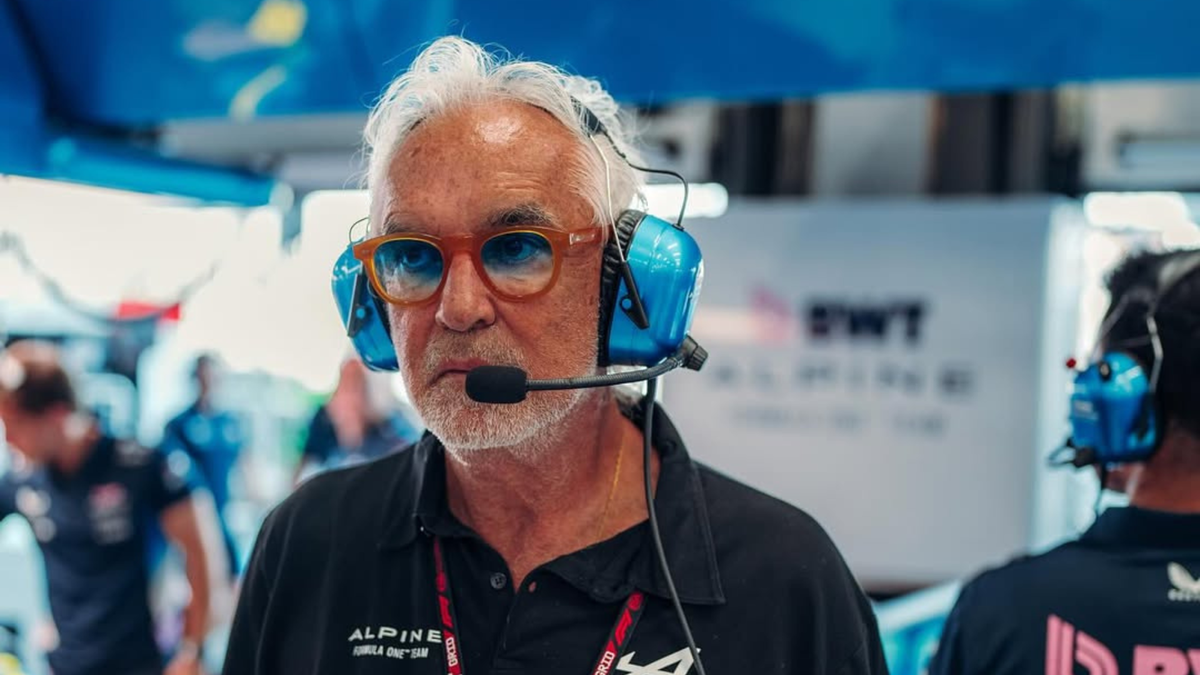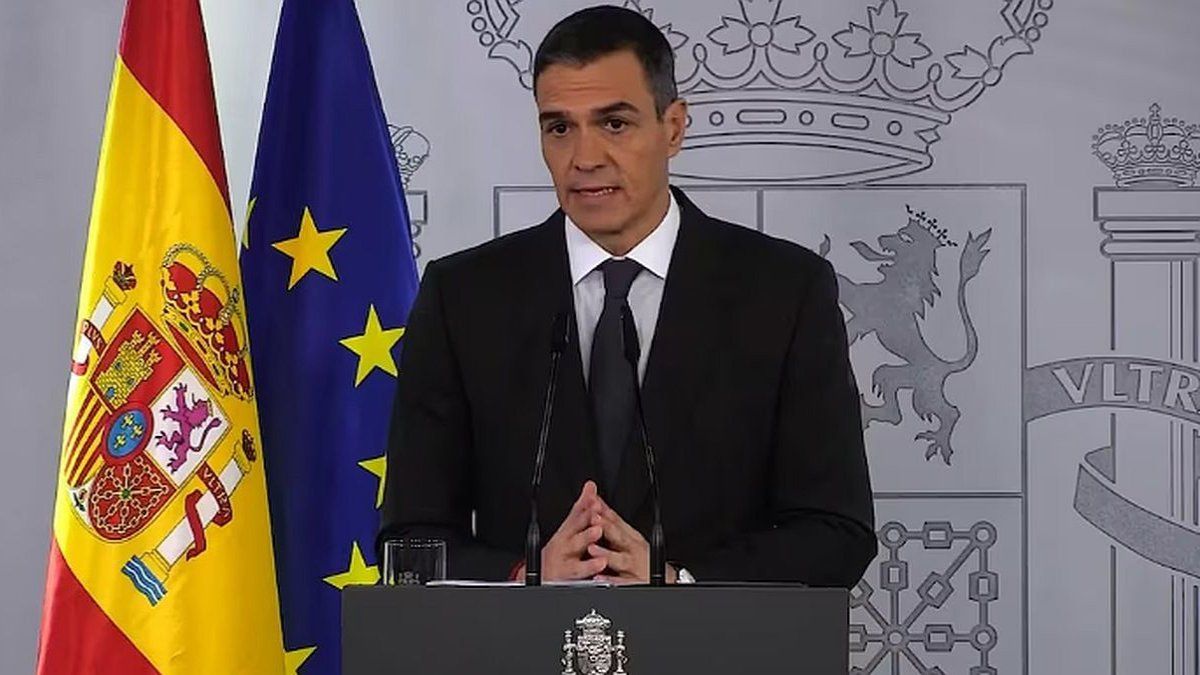In an opinion note titled “The Gas Plan vs. Export Prices vs. Import Prices vs. Daily Spot Sales Prices vs. Subsidies vs. Segmentation”, De Vido and the former EnarGas controller Antonio Ponsanto they deepened what was published by Ámbito and provided more data to support the complaint.
Criticism of Julio De Vido and Ponsanto
The former officials claimed that “Clearly, we not only export a non-renewable resource that is cheaper than the price paid by Argentines, but we add to this that WE EXPORT SUBSIDIES!!! For Chilean companies”, while describing it as “rude or obscene” disclosed by this means about the export price for Metanex (Chile) of US$ 2.85/MMBTU.
“The Austral basin Gas plan is at least clumsy and a deficit for the National State and with an application of unnecessary subsidies that ultimately we all pay for later, producing more inflation or ‘strange’ segmentations that harm users and do not do not benefit the removal of subsidies at all (but we will see this later)”, they maintain in the letter.
Nestor Kirchner Gas Pipeline (NA).jpg
In another passage of the note, De Vido and Ponsanto wonder if “are we seriously exporting subsidies? Is no one seeing this damage/deficit to the National budget?” and they comment: “All this without considering that the importer is ENARSA (National State) and those who export are private companies or, in the best of cases, companies with only 51% State, that is, doubly harmful, and as the song said…’The penalties they belong to the muleteer, the cows belong to others'”.
“Could it be that Messi when he said… ‘what a fool you look at… go there’ was for us and that we didn’t see this. And especially that this unit depends on the Ministry of Economy. Rare”, they maintain in the publication.
Immediately afterwards, they assure: “We will only say that please analyze, simply investigate that having made categories that still maintain the subsidies and ‘top’ them at their final/subsidized price, even with the ‘extra price’ applied to remove subsidies made to the segment N1 (we say overprice since there is no report and analysis carried out to determine this, in the public hearings they were conspicuous by their absence), it does not cause ANY SAVINGS for the National State, everything goes to the companies”.
“Since they like to hire consultancies, hire a capable and independent consultant and this can be easily demonstrated with an Excel using real data!”, expand.
official response
The publication of De Vido and Ponsanto was a consequence of the response that Bernal made, through the official channels of the Ministry of Economy, to the note from Financial sphere. For this reason, different passages of the article refer to what was put forward by the Secretary of Hydrocarbons.
“The undersecretary says: ‘In this way, with the formula we seek from the Ministry of Energy to be ‘in parity’ with the prices of energy that compete in Chile with Argentine gas (fundamentally LNG),” the letter quotes.
Federico Bernal.jpg

Undersecretary of Hydrocarbons, Federico Bernal.
Ignacio Petunchi
And answers: “It is not true, Mr. Undersecretary, what you say. Metanex is sold at less than 4 U$S/MMBTU, in the best of cases, if not less.”
more inconsistencies
In this regard, some questions should be asked: Is it State policy that we export primary inputs, so that with said inputs third countries industrialize and export added value and labor from said countries?
Likewise: is it possible that, from the State, they allow Argentine public capital companies, whose assets we supposedly take care of, allowing them to export the product at 1/3 of the value of the other gas producing actors in the country, since According to the information provided in Bernal’s defense, the development and production costs are substantially higher?
On the other hand: Is it serious to think that in the gas acquisition relationship with Bolivia, prices are distributed annually based on global market conditions, and that in the case of YPF a contract of almost 35 years old is enforced? , and that said contract does not provide for the adjustment of prices to global gas conditions?
Is it serious that Bernal indicates that the price of gas exported by the Southern Basin is conditioned by the drop in the price of methanol in the world, and therefore Argentina must export at an absolutely unreasonable value compared to its imports, to benefit production? and work of foreigners?
Source: Ambito




